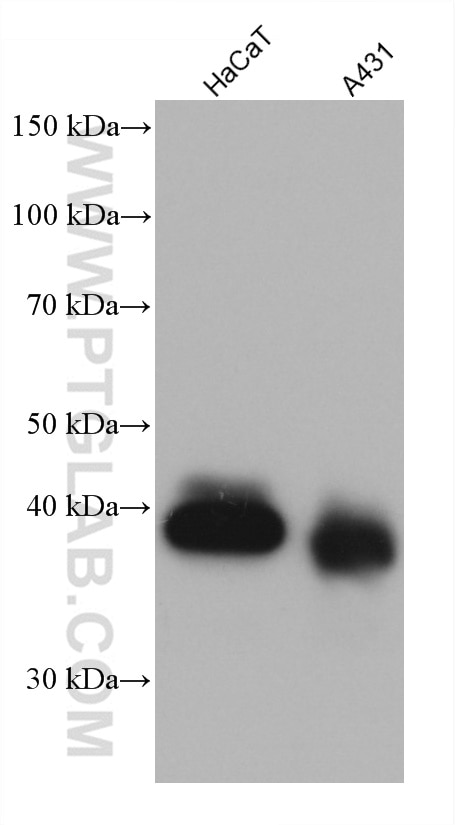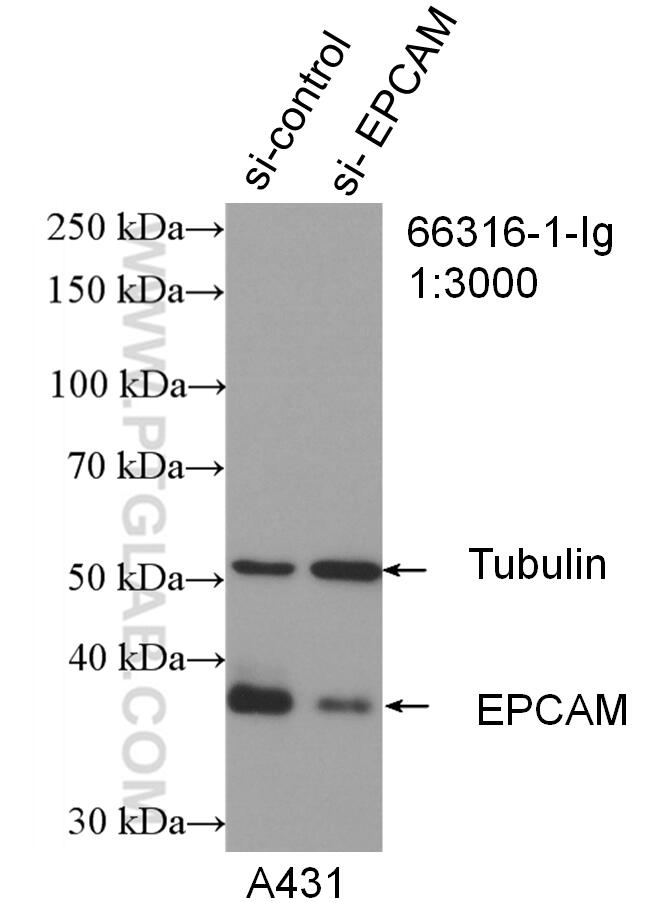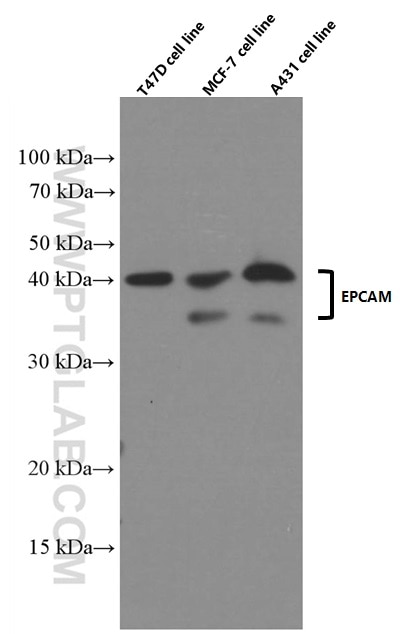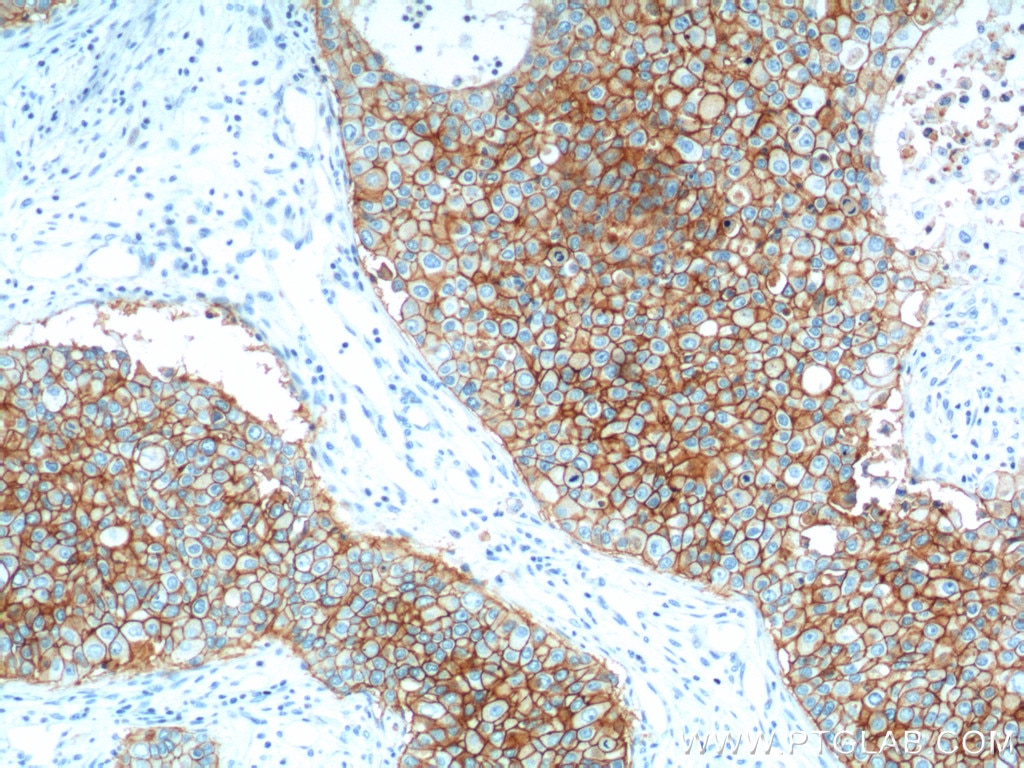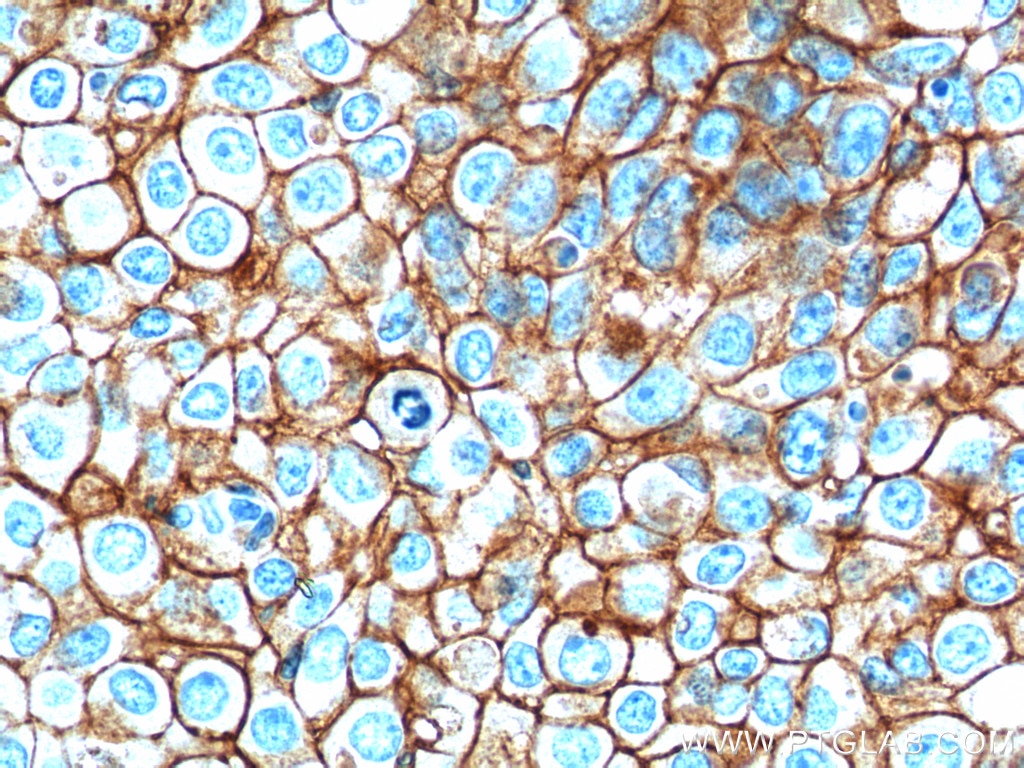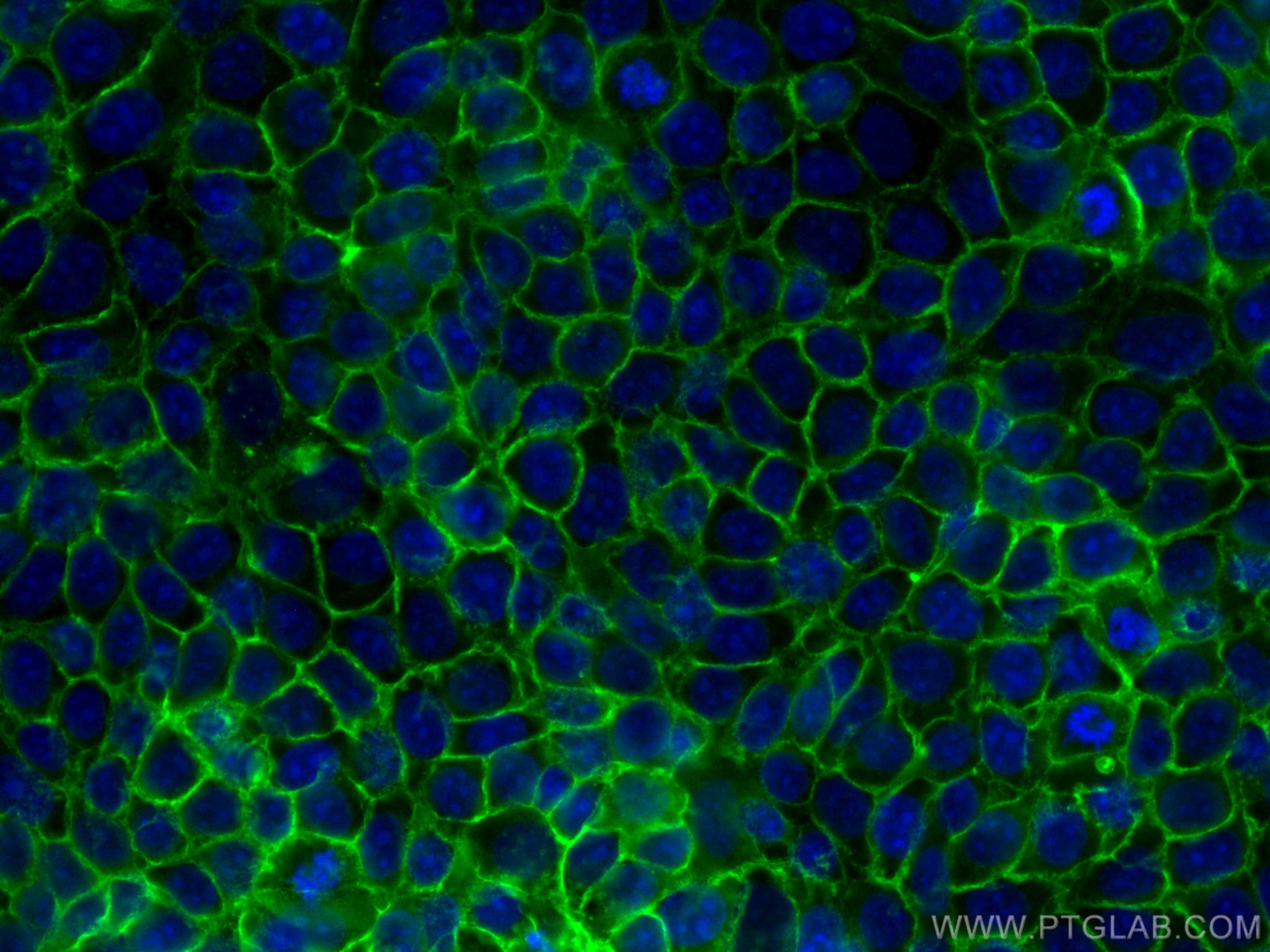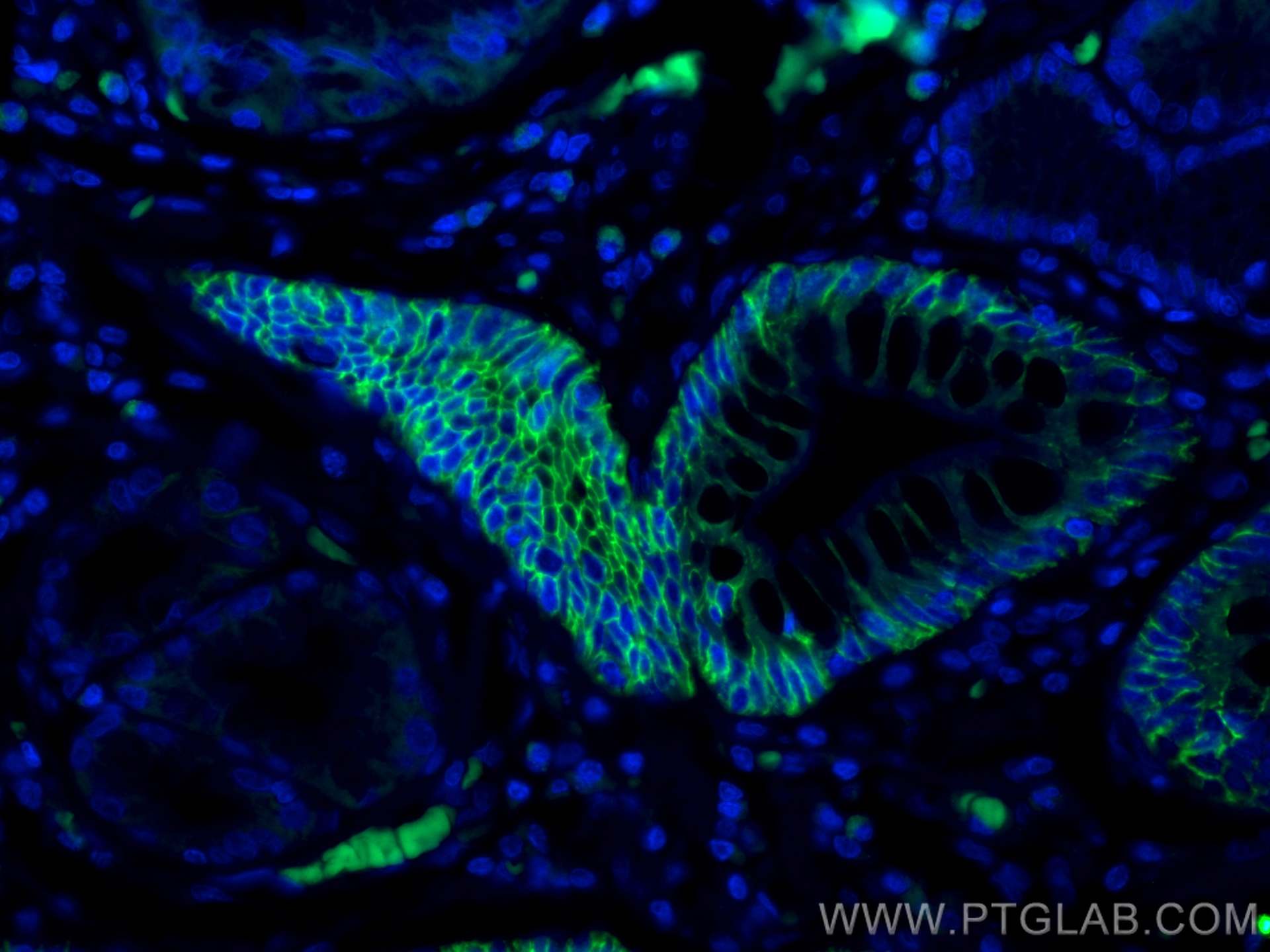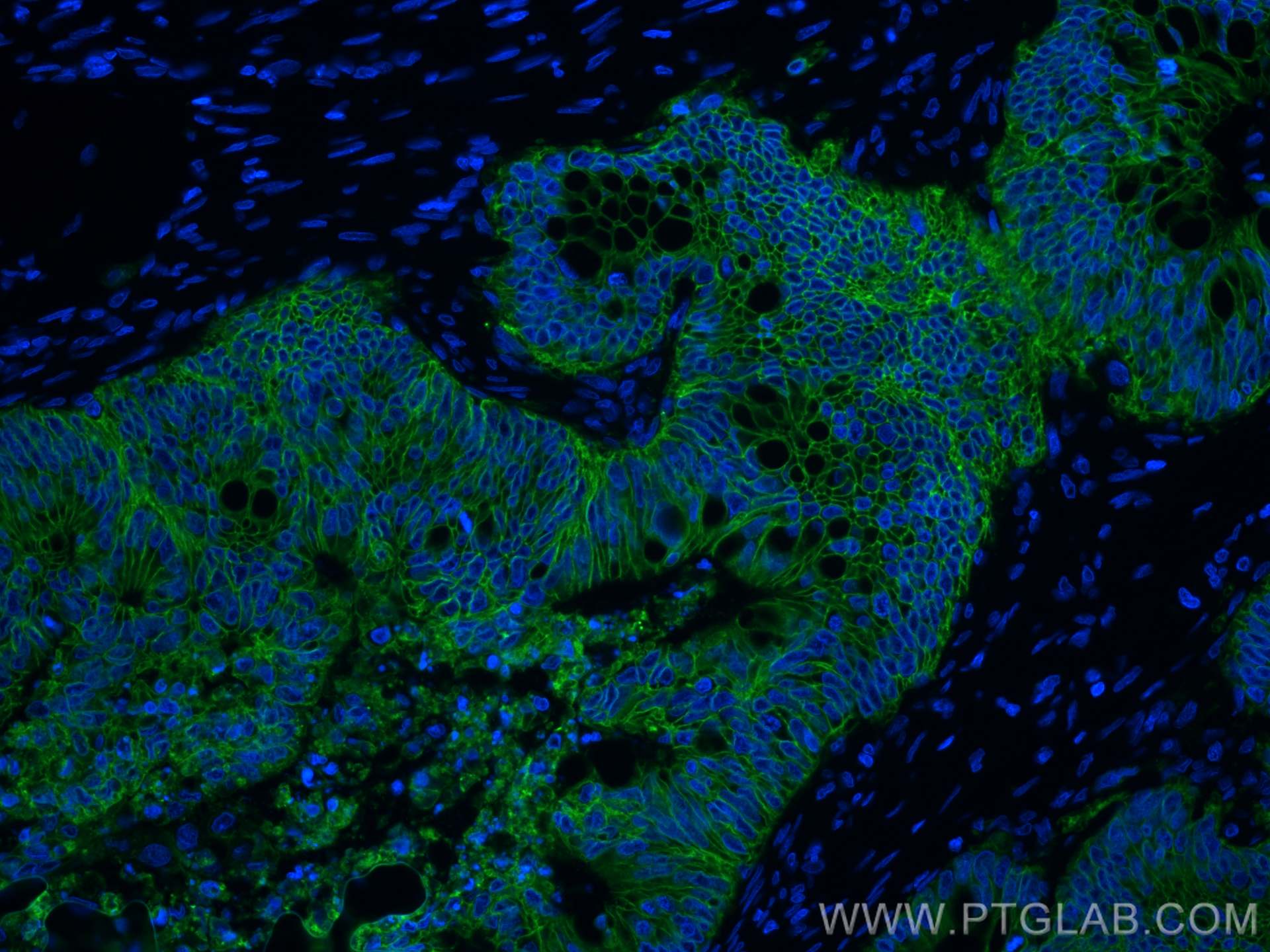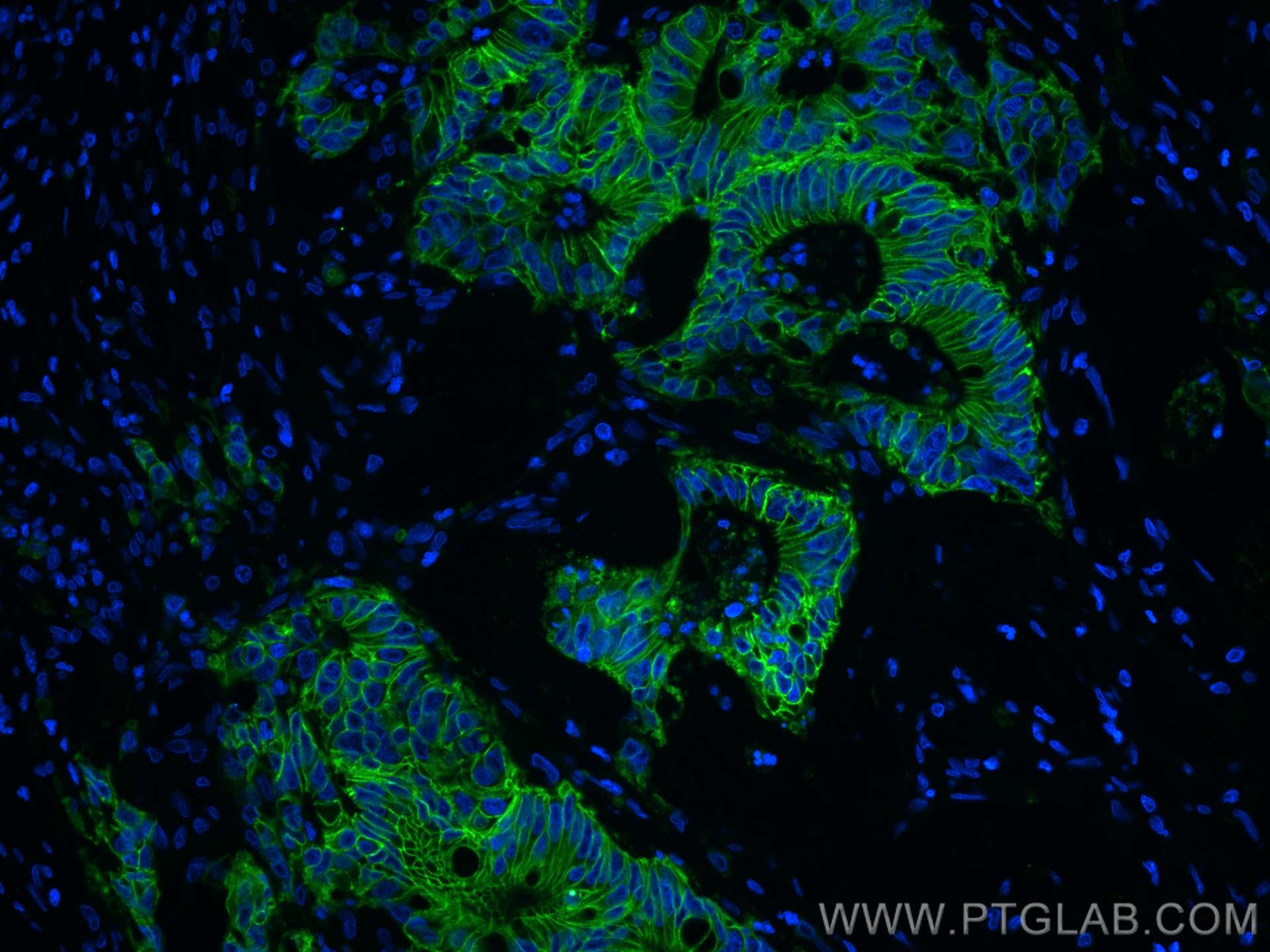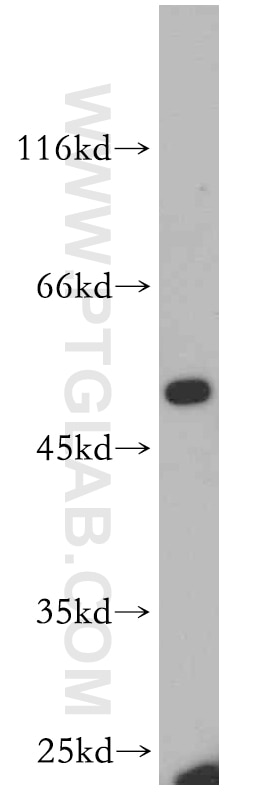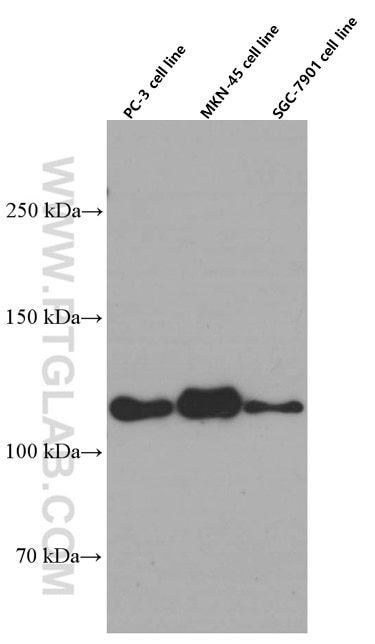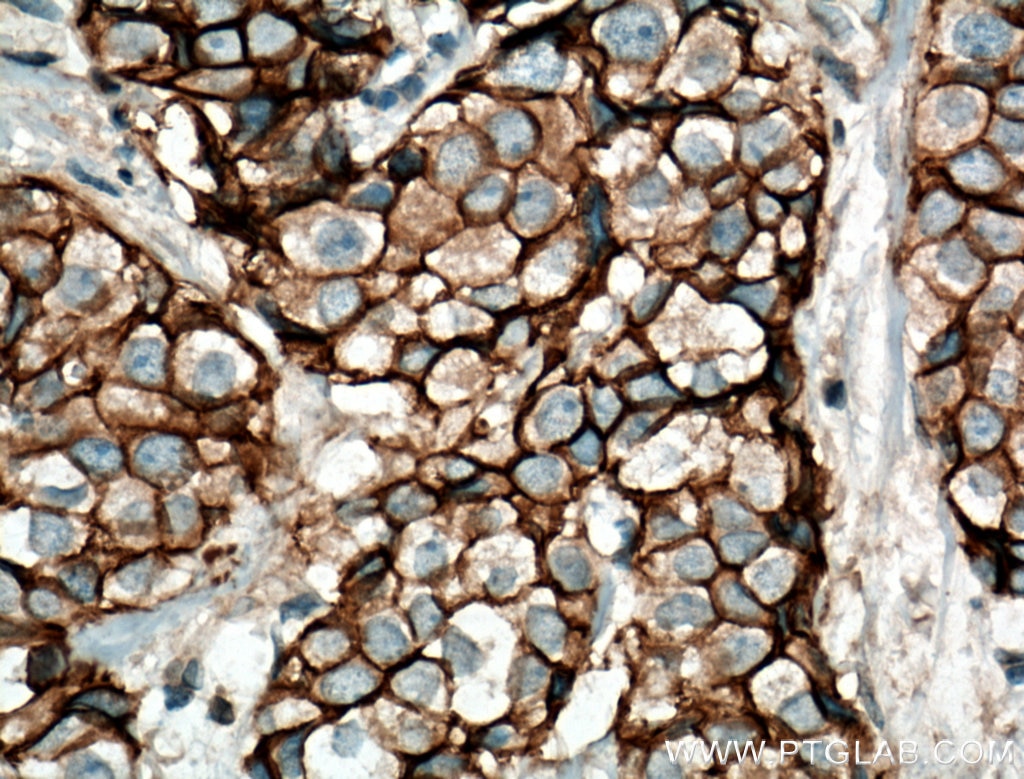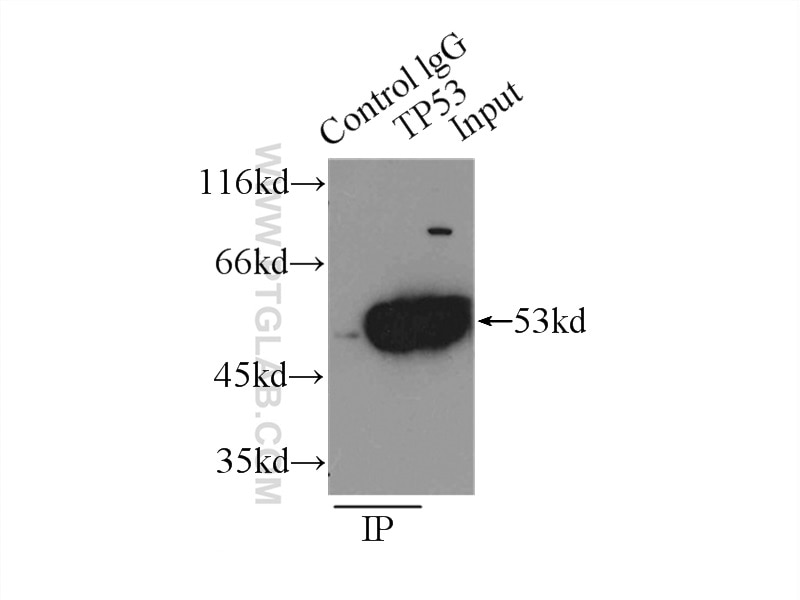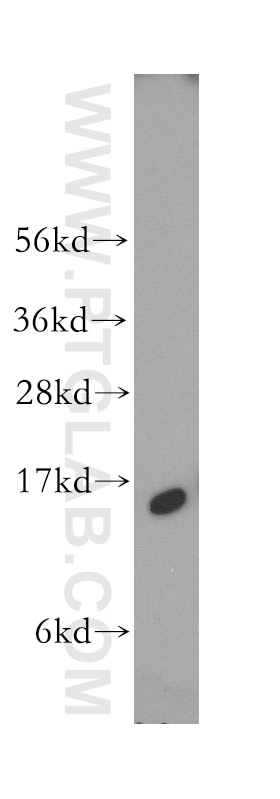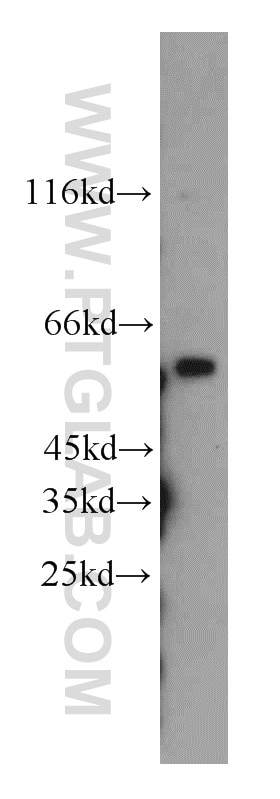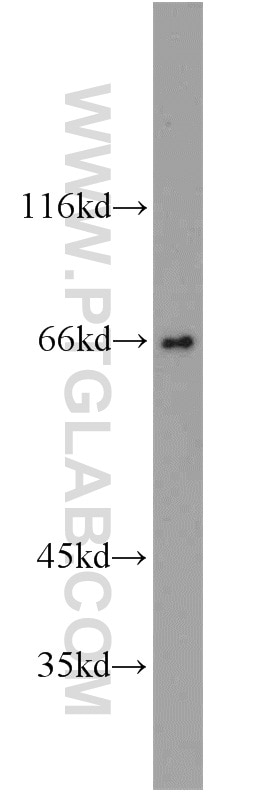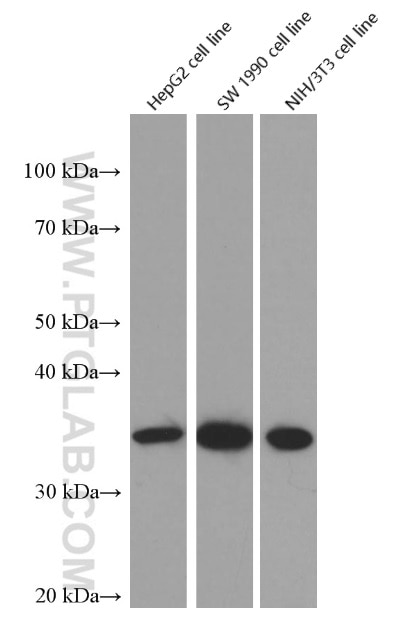- Phare
- Validé par KD/KO
Anticorps Monoclonal anti-EPCAM/CD326
EPCAM/CD326 Monoclonal Antibody for IF, IHC, WB, ELISA
Hôte / Isotype
Mouse / IgG2a
Réactivité testée
Humain
Applications
WB, IHC, IF, FC, ELISA
Conjugaison
Non conjugué
CloneNo.
2A2D5
N° de cat : 66316-1-Ig
Synonymes
Galerie de données de validation
Applications testées
| Résultats positifs en WB | cellules HaCaT, cellules A431, cellules MCF-7, cellules T-47D |
| Résultats positifs en IHC | tissu de cancer du sein humain il est suggéré de démasquer l'antigène avec un tampon de TE buffer pH 9.0; (*) À défaut, 'le démasquage de l'antigène peut être 'effectué avec un tampon citrate pH 6,0. |
| Résultats positifs en IF | cellules MCF-7, tissu de cancer de l'estomac humain, tissu de cancer du côlon humain |
Dilution recommandée
| Application | Dilution |
|---|---|
| Western Blot (WB) | WB : 1:2000-1:10000 |
| Immunohistochimie (IHC) | IHC : 1:50-1:500 |
| Immunofluorescence (IF) | IF : 1:200-1:800 |
| It is recommended that this reagent should be titrated in each testing system to obtain optimal results. | |
| Sample-dependent, check data in validation data gallery | |
Applications publiées
| KD/KO | See 1 publications below |
| WB | See 4 publications below |
| FC | See 1 publications below |
Informations sur le produit
66316-1-Ig cible EPCAM/CD326 dans les applications de WB, IHC, IF, FC, ELISA et montre une réactivité avec des échantillons Humain
| Réactivité | Humain |
| Réactivité citée | Humain |
| Hôte / Isotype | Mouse / IgG2a |
| Clonalité | Monoclonal |
| Type | Anticorps |
| Immunogène | EPCAM/CD326 Protéine recombinante Ag15393 |
| Nom complet | epithelial cell adhesion molecule |
| Masse moléculaire calculée | 314 aa, 35 kDa |
| Poids moléculaire observé | 35-40 kDa |
| Numéro d’acquisition GenBank | BC014785 |
| Symbole du gène | EPCAM |
| Identification du gène (NCBI) | 4072 |
| Conjugaison | Non conjugué |
| Forme | Liquide |
| Méthode de purification | Purification par protéine A |
| Tampon de stockage | PBS avec azoture de sodium à 0,02 % et glycérol à 50 % pH 7,3 |
| Conditions de stockage | Stocker à -20°C. Stable pendant un an après l'expédition. L'aliquotage n'est pas nécessaire pour le stockage à -20oC Les 20ul contiennent 0,1% de BSA. |
Informations générales
Epithelial cell adhesion molecule (EpCAM, CD326) is a type I transmembrane glycoprotein that functions as a homophilic, epithelial-specific intercellular cell-adhesion molecule. In addition to cell adhesion, EpCAM is also involved in cellular signaling, cell migration, proliferation, and differentiation. EpCAM is highly expressed on most carcinomas and therefore of potential use as a diagnostic and prognostic marker for a variety of carcinomas, and has become a therapeutic target. EpCAM may occur in distinct forms due to glycosylation. (PMID: 20837599; 19249674; 21576002; 22647938; 12691820)
Protocole
| Product Specific Protocols | |
|---|---|
| WB protocol for EPCAM/CD326 antibody 66316-1-Ig | Download protocol |
| IHC protocol for EPCAM/CD326 antibody 66316-1-Ig | Download protocol |
| IF protocol for EPCAM/CD326 antibody 66316-1-Ig | Download protocol |
| Standard Protocols | |
|---|---|
| Click here to view our Standard Protocols |
Publications
| Species | Application | Title |
|---|---|---|
Acta Biomater Tumor cell membrane-based peptide delivery system targeting the tumor microenvironment for cancer immunotherapy and diagnosis. | ||
Biosens Bioelectron Spherical nucleic acids-based cascade signal amplification for highly sensitive detection of exosomes. | ||
Mol Ther Nucleic Acids miR-552 Regulates Liver Tumor-Initiating Cell Expansion and Sorafenib Resistance. | ||
Cell Death Dis Mutations in the coat complex II component SEC23B promote colorectal cancer metastasis. | ||
Front Pharmacol Photo-functionalized TiO2 film for facile immobilization of EpCAM antibodies and efficient enrichment of circulating tumor cells |
Avis
The reviews below have been submitted by verified Proteintech customers who received an incentive forproviding their feedback.
FH Guorong (Verified Customer) (03-31-2022) | Seems not good for ARPE-19 cells
 |
